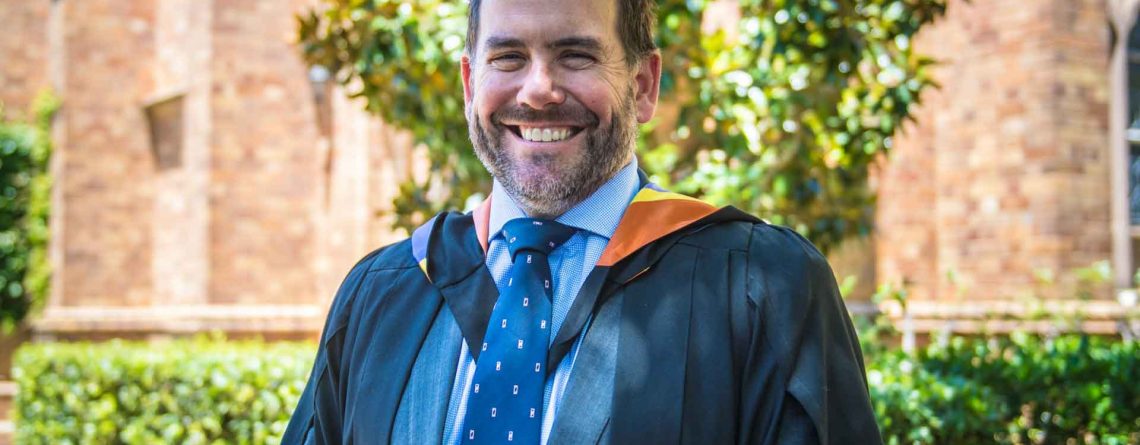From the Head Master
Recently I read Into the Rip, which is subtitled “How the Australian way of risk made my family stronger, happier … and less American”. It is written by Damien Cave, an American journalist who relocated to Sydney with his family in early 2017, who reflects on their experience of changing cultures. Settling in Bronte and attempting to engage wholeheartedly with the Australian culture in which they are immersed, the experiences of his family provide a window into the different ways that we deal with risk, both as individuals and as a community.
There is a lot to enjoy in this book. Cave is a skilful writer who moves seamlessly from narrative incident to wry observation to philosophical reflection, and back again. His accounts of family life, particularly some of the perplexities faced by parents trying to raise young children who will become independent and capable adults, will seem very familiar to those of us who have been there. There are some moments of laugh-out-loud humour and some very honest self-examination.
The fact that all this takes place against the background of recent events, such as the Christchurch shootings, the bushfires, and the pandemic adds additional interest. So too does the fact that the places referenced in his story are ones with which most of us are familiar.
However, I most appreciated the way that Cave was able to interweave his family’s story with research and ideas about risk, challenge, and personal growth. He draws on Carol Dweck, whose research developed the idea of the growth mindset; Angela Duckworth, who studies the character trait of grit; Martin Seligman, who is considered to be the founder of the field of positive psychology; and others. Cave has provided us with what amounts to an introductory guide to many of the key ideas that I consider to be fundamental to the task of raising young people to be adults. It is an added bonus that he does not just draw on the published work of these thinkers, but interviews them; this enables them to reflect on the ways that some of their findings have been misapplied or need to be nuanced.
It was affirming to see the points of connection between the ideas that he explores and the educational offering of the School. Trinity is very clear in identifying that the breadth of our educational offering is, and should be, challenging to the boys. We require them to stretch themselves, even when it is uncomfortable to do so. We believe in ‘the positive benefit of moderate pain’ (p.108). There is more in our boys than they know – or that we know. Whether it is pushing through homesickness while on the Field Studies Programme, persevering with sport commitments and training, putting in long hours to attain mastery of difficult learning, or any other of the myriad ways that our boys are stretched at School, growth comes through challenge.
And that may be the final point to takeaway from this book. Cave is not just an observer of the challenge and growth of his family; he applies scrutiny to himself, examining the degree to which he is willing to embrace risk, to encounter failure, and to persevere. I found that I was asking some uncomfortable questions of myself as I read.
I recommend this book to you.
Detur gloria soli Deo
Tim Bowden | Head Master















